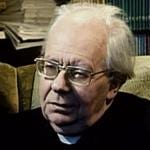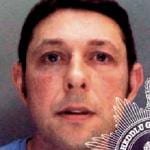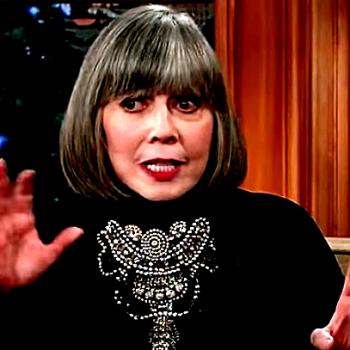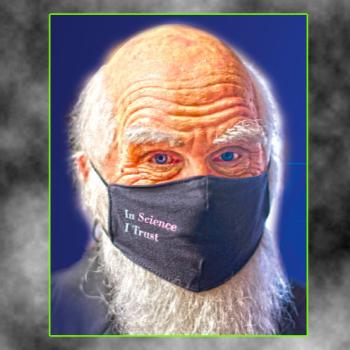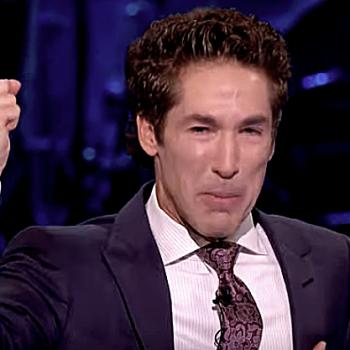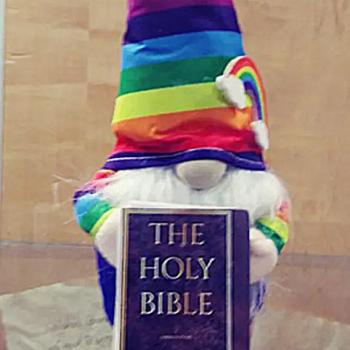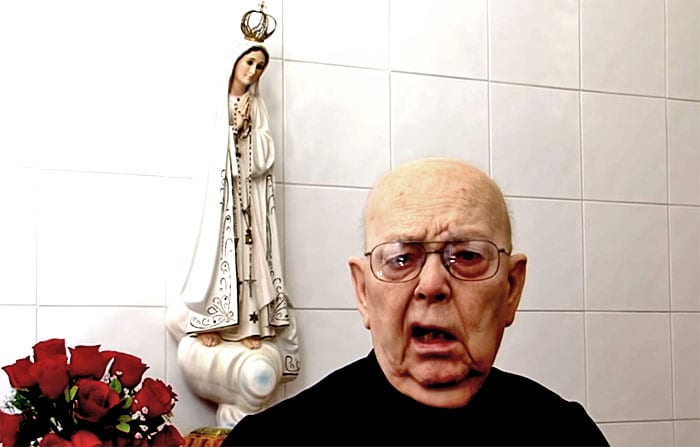
THE International Association of Exorcists, founded in 1990 by a group of six priests – including the late Fr Gabriele Amorth, above – believes that too many amateurs are entering the demon-eviction business and has issued new guidelines that limit exorcisms to professionals.
Concerns that “rogue” exorcists and unqualified laypeople are encroaching on their turf go back to 2017 when association members got together to discuss latest developments in the world of “demonic possession” – and to lament the case of Sicilian priest Salvatore Anello, who, along with a member of the armed forces in Palermo, Salvatore Muratore, got himself arrested for sexual abuse.
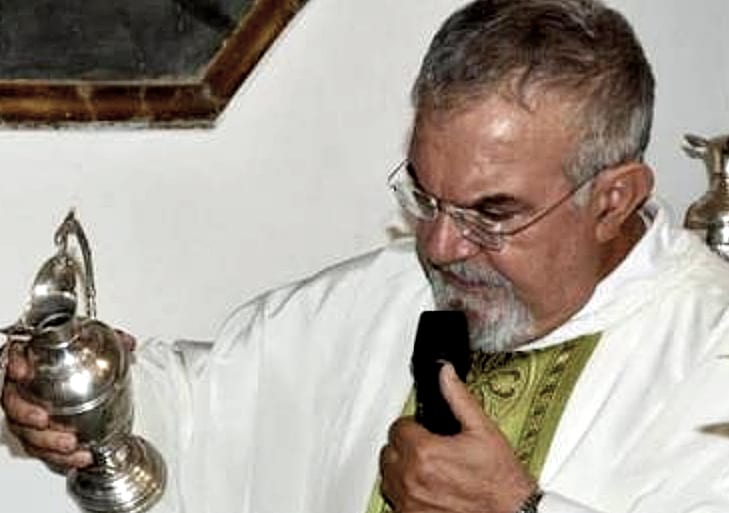
Anello, above, and his cohort were accused convincing women and children that they were “possessed”, then proceeded to abuse them. The exorcisms involved “repeatedly touching their genitals.”
Now it’s reported that the association, officially recognised by the Vatican in 2014, has issued new guidance for exorcists which, among other things, insists that authority to perform exorcisms belongs exclusively to priests assigned by their diocesan bishop and no one else.
According to figures from the group, the move comes in response to a perception that there are too many rogue operators, both clerical and lay, who claim to perform exorcisms but who aren’t authorised or qualified to do so.
Guidelines for the Ministry of Exorcism: In the Light of the Current Ritual was originally an internal document obly for the eyes of members of the association, but it’s now being offered to the public by the Italian publisher Edizioni Messaggero Padova.
According to a statement issued by association, while the guidelines are not an official Church document, the contents were reviewed by Vatican departments prior to publication. The decision to make the guidelines public, according to the statement, was motivated by a desire to:
Bring order to the questions about diabolic action and liberation from it, in order to avoid falling into dangerous deceptions and illusions.
As part of its insistence that only priests with a specific mandate from their bishop may perform exorcisms, the guidelines offer three reasons as to why exorcism should be limited to priests specifically designated for the task:
• Only priests possess a mandate from the Church to “command demons in the name of God to recede, no longer to harm human creatures for any reason.”
• The ministry of exorcism isn’t just about the recitation of prayers, but “discernment and accompaniment of faithful tormented by the devil,” pastoral tasks which “occupy a very important and essential place.”
• If a bishop names an exorcist, he also has a responsibility to make sure that priest has a “specific preparation that renders him more suited than anyone else to discernment of extraordinary diabolic action.”
The guidelines warn that unauthorised priests and laity who attempt to perform exorcisms without authorisation may actually open the door to further demonic influence over the people they’re trying to help. They also insist that a legitimate exorcist empowered by the Church must not request any payment for his services.
The guidelines also cite particular behaviours which may cause people to be “demonically influenced.” These include the practice of witchcraft and “superstition.”
Oh, the irony!
• If you’d like to buy me a cup of coffee – and boy, do I get through a LOT of coffee keeping this site active – please click the link below.

 I’d love a cup of coffee
I’d love a cup of coffee